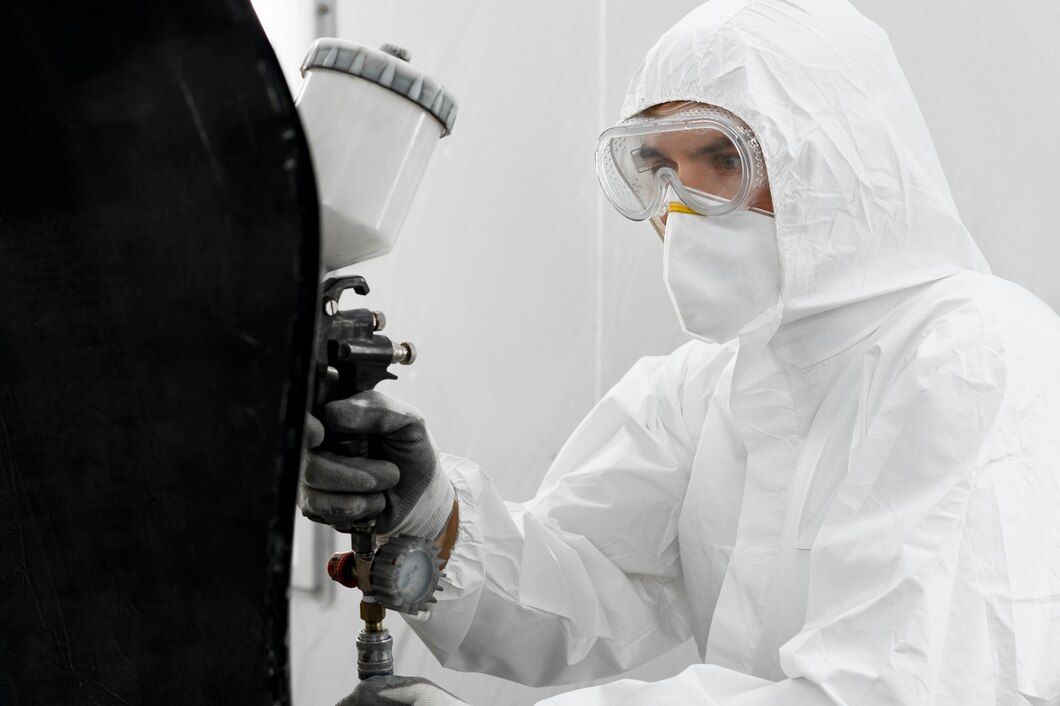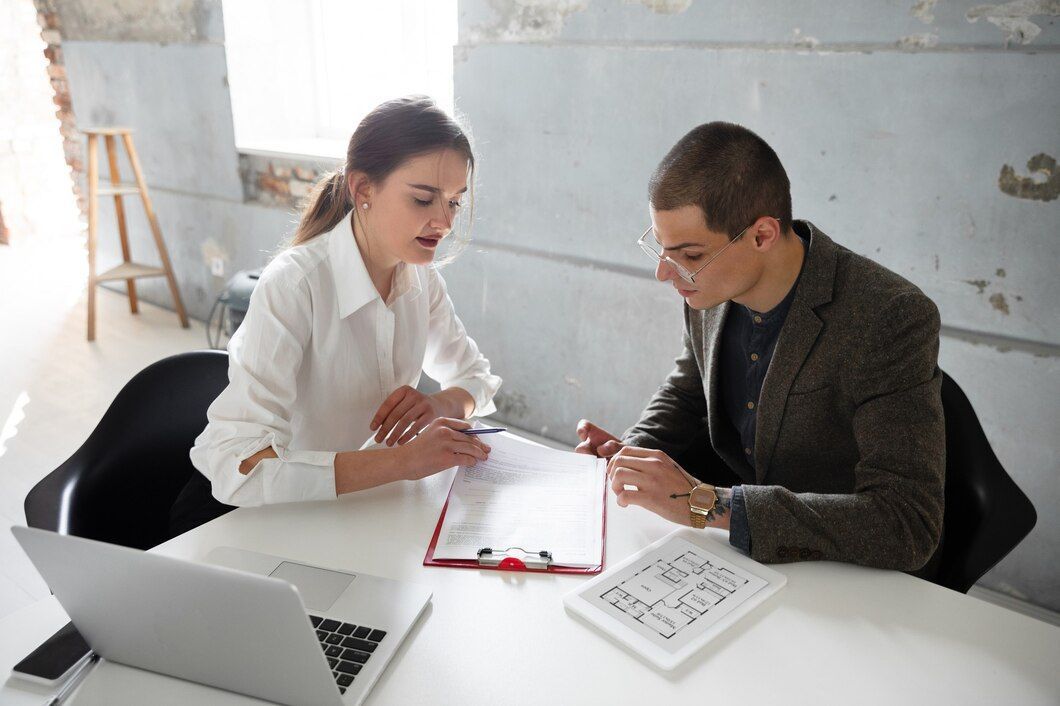Termite Inspection
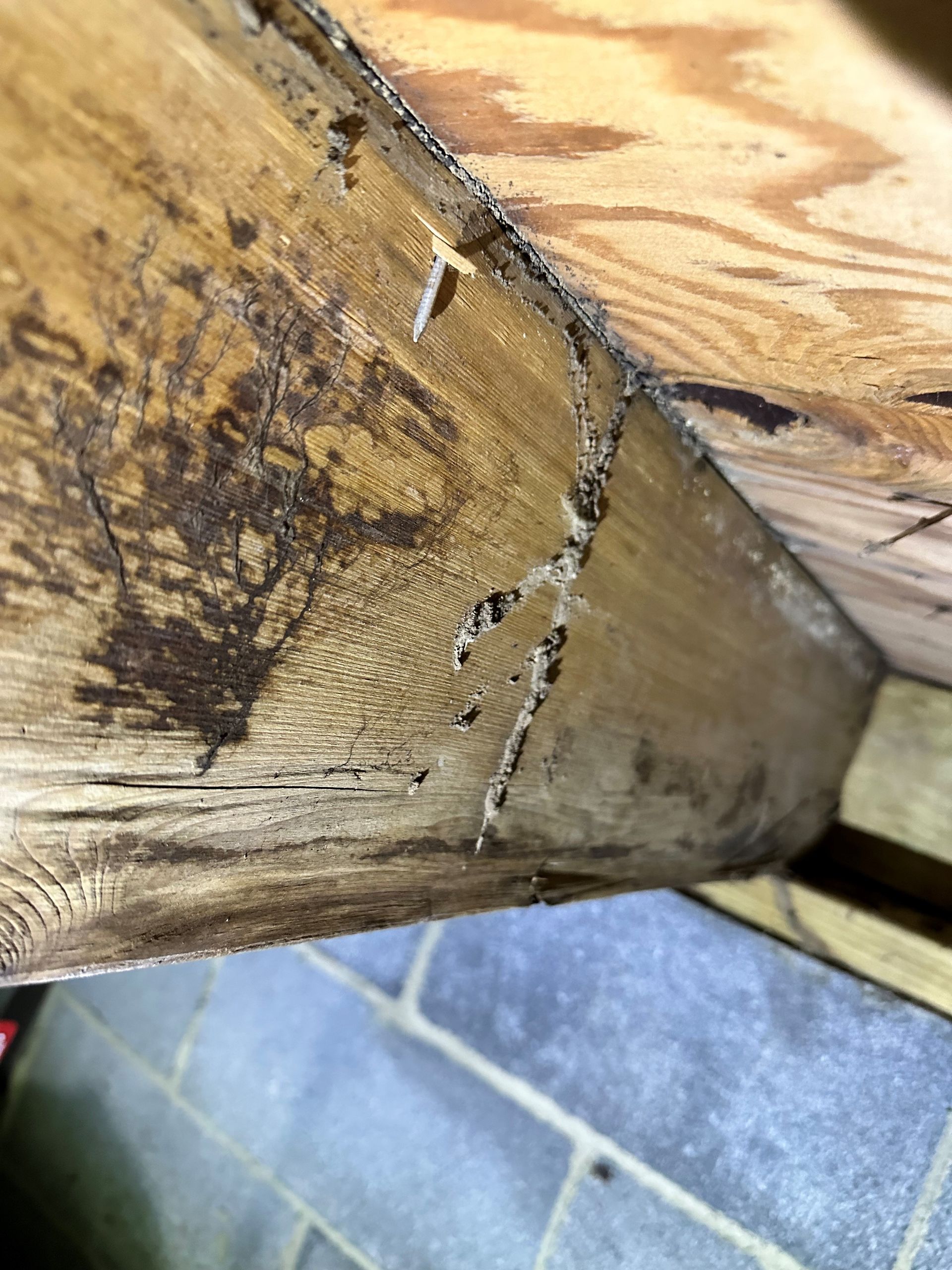
When purchasing a home in Maryland, it is essential to consider the potential presence of termites. Termites are small, wood-destroying insects that can cause significant damage to a home's structural integrity, leading to expensive repairs. As a home buyer, you should be aware of the signs of termite activity and consider conducting a termite inspection during a home inspection in Maryland. In this blog post, we will discuss why home buyers should do a termite inspection and what it entails.
Why Do a Termite Inspection?
There are several reasons why home buyers should consider conducting a termite inspection:
- Structural Damage: Termites can cause significant damage to a home's structural integrity, leading to expensive repairs. A termite inspection can identify any signs of termite activity and determine if there is any damage to the home's structure.
- Health Risks: Termites can also pose a risk to human health. Their droppings and cast skins can cause allergies and asthma, especially in young children and the elderly.
- Cost Savings: Identifying termite activity early can save home buyers significant expenses. If termites are left untreated, they can cause extensive damage to a home, leading to costly repairs or even the need for structural replacements.
- Negotiation Tool: If termite activity is identified during the inspection, the home buyer can use the results of the inspection as a negotiation tool to ask the seller to make necessary repairs or adjust the purchase price of the home.
When Should You Do a Termite Inspection?
It is recommended to do a termite inspection during a home inspection in Maryland. The inspection should be done before closing to identify any potential issues with termites that the buyer may want the seller to address. It is also recommended to do a termite inspection if the home is located in an area with a high incidence of termite activity or if there are any signs of termite infestation, such as termite swarms or termite mud tubes.
What Does a Termite Inspection Entail?
A termite inspection typically takes between one to two hours and involves a licensed pest control professional inspecting the home for signs of termite activity. The inspector will look for signs such as mud tubes, termite wings, and termite droppings. They will also check for any areas of the home that are susceptible to termite infestation, such as the foundation, attic, and crawl space.
If the inspector finds evidence of termite activity, they will provide a detailed report of their findings, including the location of the infestation and the extent of the damage. They will also recommend treatment options to eliminate the termites and prevent future infestations.
Conclusion
A
termite inspection is an essential part of a home inspection in Maryland. It can help home buyers identify any signs of termite activity, determine the extent of the damage, and take steps to prevent future infestations. Home buyers should consider conducting a termite inspection during the home inspection process, especially if the home is located in an area with a high incidence of termite activity or if there are any signs of termite infestation.
A termite inspection in La Plata, MD can save home buyers significant expenses and provide peace of mind knowing that their investment is protected.

